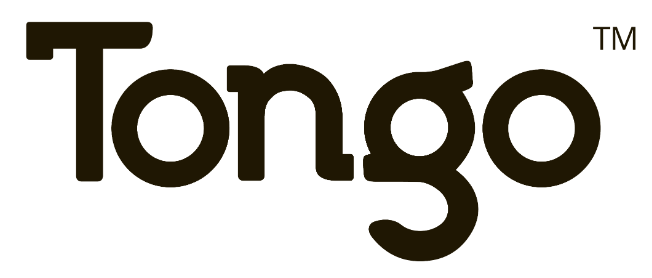Commission Advances vs. Traditional Loans: Which Is Better?
In the fast-paced world of real estate, where opportunities are fleeting and success hinges on agility, access to timely funds is paramount. The waiting period between deal closure and commission payment can often hinder financial stability and growth. Commission advances and traditional loans are two distinct financial solutions that real estate agents and brokers consider to bridge this gap. But which option is better suited to your unique needs and aspirations? In this comprehensive guide, tailored to real estate professionals, we will delve into the intricacies of commission advances and traditional loans, empowering you to make an informed financial decision that aligns with your goals.
Commission Advances: A Strategic Overview:
Commission advances, also known as real estate commission advances, provide immediate access to a portion of your anticipated commission before the transaction concludes. They are designed to address the cash flow challenges prevalent in the real estate industry.
Traditional Loans: A Conventional Choice:
Traditional loans encompass a wide spectrum of borrowing options, including personal loans, lines of credit, and business loans. These loans are offered by financial institutions, often requiring collateral and a detailed credit evaluation.
Comparing Commission Advances and Traditional Loans:
1. Accessibility and Speed:
Commission Advances: Commission advances are known for their swiftness. They offer quick access to funds, allowing you to seize time-sensitive opportunities without delay.
Traditional Loans: Traditional loans might involve a lengthier application and approval process, which can be a hurdle when immediate funds are required.
2. Eligibility Criteria:
Commission Advances: Eligibility for commission advances is often based on the pending commission, making them accessible to real estate professionals with ongoing deals.
Traditional Loans: Traditional loans involve stringent credit checks and collateral requirements, potentially excluding individuals with lower credit scores or limited assets.
3. Repayment Terms:
Commission Advances: Repayment of commission advances is often tied to the commission payment upon transaction closure, minimizing the risk of ongoing debt.
Traditional Loans: Traditional loans require fixed monthly payments over an agreed-upon term, which can impact your cash flow in the long run.
4. Fees and Interest:
Commission Advances: Commission advances are associated with a fee that's a percentage of the anticipated commission. There is no interest charged.
Traditional Loans: Traditional loans involve interest payments in addition to potential origination fees, which can increase the overall cost of borrowing.
5. Impact on Future Earnings:
Commission Advances: While commission advances reduce the ultimate commission payment, they do not impact your credit score or create ongoing debt.
Traditional Loans: Traditional loans require timely repayments, and if not managed effectively, can strain your financial stability and potentially affect your credit score.
Making the Right Choice:
Immediate Needs: If you require immediate funds to capitalize on time-sensitive opportunities, commission advances are a prudent choice.
Long-Term Strategy: If you're planning for long-term investments or business growth, traditional loans might offer flexibility and larger borrowing amounts.
Credit Considerations: If your credit score is a concern, commission advances might be more accessible due to their reliance on anticipated commissions rather than credit history.
Transaction Dependency: If your business relies heavily on consistent transactions, commission advances can provide consistent liquidity during deal gaps.
Conclusion:
The choice between commission advances and traditional loans is contingent upon your immediate financial needs, long-term aspirations, and risk tolerance. Commission advances offer immediate relief, minimal impact on future earnings, and quick accessibility. Traditional loans provide larger borrowing amounts and long-term flexibility, but come with credit evaluations, interest, and collateral requirements. As you navigate the financial landscape of real estate, remember that the right choice is one that aligns with your unique circumstances and empowers your journey towards success.
Please note: this post discusses the process of getting a traditional commission advance for informational purposes. Advancing your commission with Tongo is faster, less expensive, and more flexible than a traditional commission advance. Plus, Tongo does not require brokers to sign off. For more information on Tongo click here.

